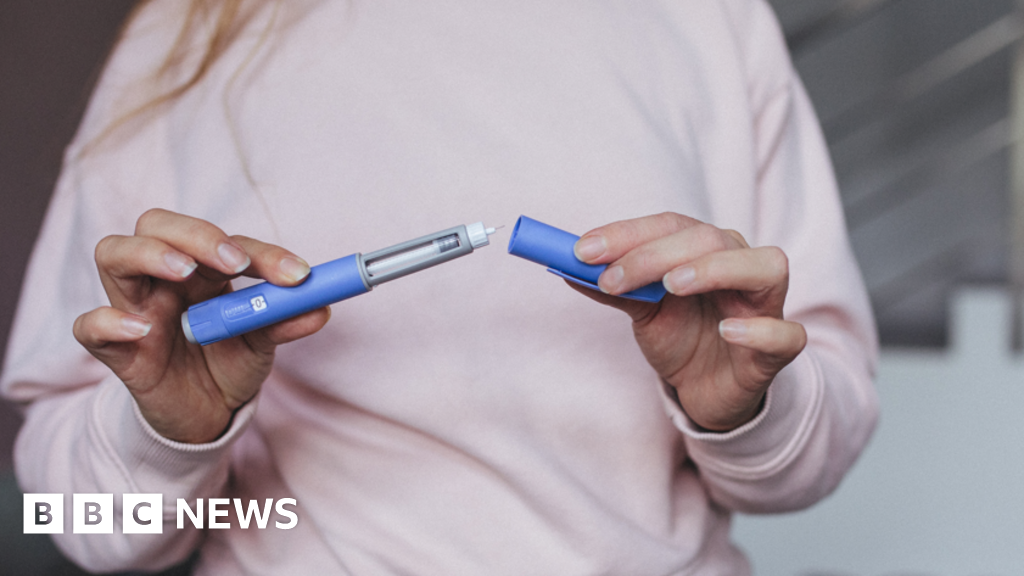Government-Funded Weight Loss Vaccinations
Introduction to the Program
Government-funded research is set to offer free weight loss vaccinations to thousands of people from some of Scotland’s most deprived areas. Up to 5,000 people in Scotland will receive the jabs as part of the multi-million pound trial led by the University of Glasgow. The findings will provide insights into the lives of people living with obesity and health inequalities across the UK. If successful, there could be a wider rollout of the shots across the country.
How the Vaccines Work
The vaccines copy or enhance the effects of natural hormones called incretins, which control blood sugar levels. They act on areas of the brain that affect hunger and appetite and can slow the rate of gastric emptying. This can help people with obesity regulate their eating habits.
Funding and Objectives
The UK Government has initially committed £650,000 to the Scotland CardioMetabolic Impact Study (SCoMIS). As a leading cause of long-term diseases such as heart disease and cancer, tackling obesity will help millions of people live longer, healthier lives and reduce pressure on health services, potentially saving the NHS billions a year. The objectives of the study include:
- To test how weight loss medications can be administered effectively and fairly in everyday NHS care.
- To measure the extent of weight loss and improvement in quality of life, particularly for patients in disadvantaged areas.
- Examining the impact on obesity-related diseases, NHS utilization and overall healthcare costs.
- The aim is to investigate whether better health through weight loss can help people stay in work, reduce sick leave and be able to participate better in social life.
Expert Insights
Jason Gill, Professor of Cardiometabolic Health at the University of Glasgow, who led the study, said: "While tackling obesity requires multifactorial public health interventions, incretin therapies are a powerful new tool in the national obesity strategy." The burden of obesity is greatest in the most disadvantaged parts of society and the status quo risks widening health inequalities. SCoMIS aims to be a ground-breaking real-world study evaluating a new model of obesity treatment, providing incretin treatment across primary and community care to Scottish adults living with obesity, with a focus on people in the most economically deprived communities.
Cutting-Edge Research
The Scottish Government is proud to be leading the way in tackling obesity through innovation and collaboration. This study puts patients and communities at the heart of cutting-edge research into weight loss drugs and ensures we gather the evidence needed to provide the greatest benefit to those who need it most. The UK Science Minister noted that Scotland has always been at the forefront of medical innovation and public health, and this initiative is further evidence of the world-class expertise found here. By learning how these weight loss drugs work and how we can help them reach our most deprived areas, we can reduce health inequalities in Scotland and the rest of the UK so that our obesity strategy makes real, lasting change.
Trial Details
The trial, which will launch next year, also involves industry leaders and clinical leaders from various universities. It will explore how to best leverage AI-driven digital technologies to support patient access, engagement, and data collection. The trial will involve 3,000 to 5,000 Scottish patients with obesity who will benefit most from the drugs.

